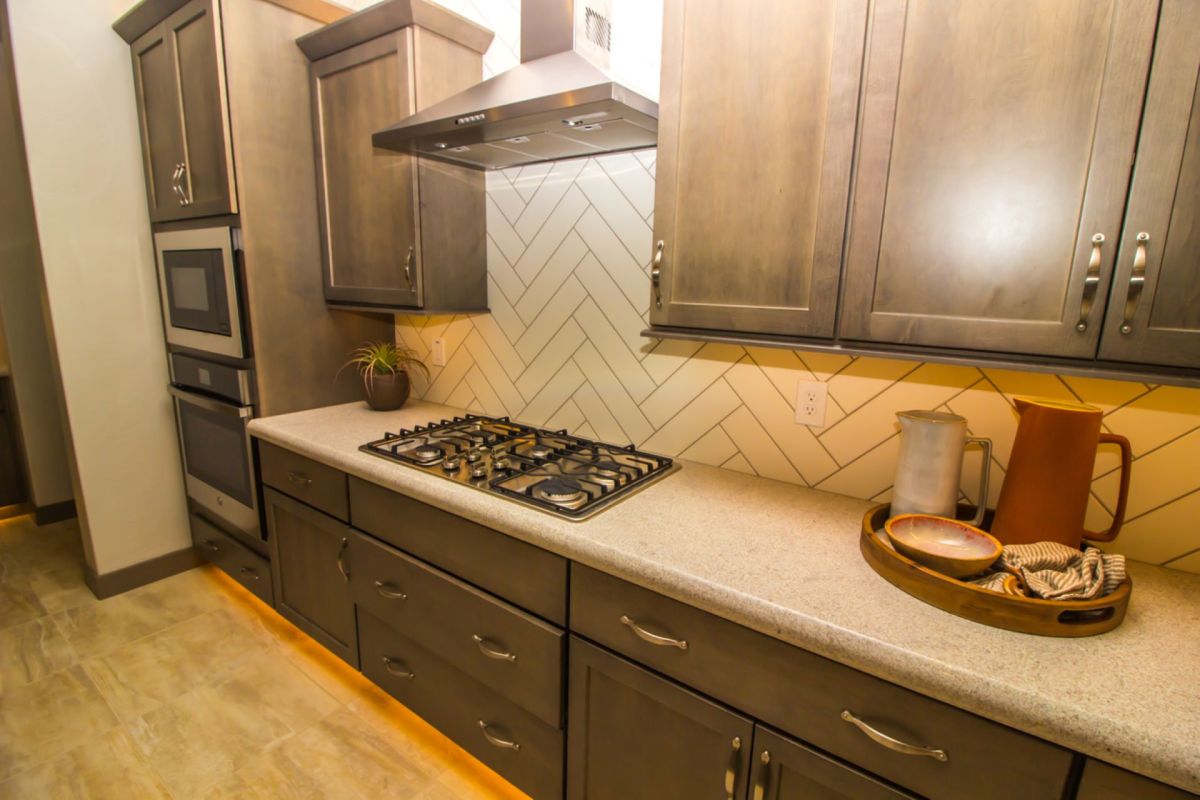As a parent of two on a tight budget, I understand how time and money can feel like common constraints when making sustainable life choices. But in my years of leading a low-waste lifestyle (with two kids in tow) and educating thousands of people on the topic, I have come to see that you don't need to turn your life upside down, devote hours on end, or spend extra money in order to be eco-friendly.
In our hurried lives, we all have the power to become an "eco-actionist" — someone who uses their daily habits, choices, and routines as tools for change.
1. You don't need to be perfect.
As a recovering eco-perfectionist, I can tell you that being "perfectly sustainable" is a myth. And aiming to be flawless will leave you feeling like you're always failing. We live in a flawed system. Currently, it's next to impossible to exist in our society without generating some air pollution or waste, so try not to be hard on yourself (or others). Focus on persistence over perfection, and change will come.
2. You don't need to carve out separate time to focus on sustainability.
Sure, you may need a moment to orient yourself in the bulk section of your grocery store or to switch your energy bill over to renewable energy, but it's all about integrating your eco-habits into your everyday life so they become second nature. Buying less, eating less meat, turning off the lights — much of it is about doing less, not more.
3. You don't need to spend more money.
Disposable products are designed to be used once, then thrown away — only for you to have to spend again to replace them, over and over. Opting for reusables, which can sometimes cost a bit more upfront, will save you money over time. Plus, living sustainably at its core is about using what you already have, NOT about going out and buying a bunch of "sustainable stuff." Remember: Overconsumption, even of sustainable items, is not sustainable.
4. You don't need to partake in DIY projects.
If you're into sewing your clothes from scrap fabric or crafting a wreath out of upcycled products, good on you. But you do not have to be into doing DIY projects to make sustainable life choices.
5. You don't need to deprive yourself.
An eco-lifestyle doesn't mean you have to be a minimalist or skip out on life's comforts. It also doesn't mean you need to cut out everything you might want or need. So rather than denying yourself or your family, sustainable living is about revising our choices and habits, being more intentional and informed about what and how you consume/dispose of items, and using what you already have so we can have a smaller footprint.
6. You don't need to get rid of all the plastic in your home.
There is nothing sustainable about getting rid of perfectly good, usable plastic items. If you have it, use it. Only when it's time to replace it should you look for it brand-new and made of plastic-free, eco-friendly materials — or even better, secondhand. (PSA: Secondhand plastic is still sustainable if it's being used.)
7. You don't need to live off the grid.
Sure, living off of the grid is great, but it's not for everyone. While it may be tempting to disconnect yourself from it all, it is still possible to lead an eco-friendly lifestyle in an urban or suburban area — especially when you're voting for change at the polls, with your wallet, and through your daily lifestyle choices.
8. You don't need to do what other people are doing.
There isn't one way to live sustainably. No two eco-journeys will look the same — even for two families living next door to each other. Factors such as access, income, time, race, physical ability, and health can impact one's capacity to make changes. Understanding your privileges and constraints can help you navigate your journey while also releasing you of any shame or guilt you might feel for not being able to make specific changes. Recognizing that all individuals who are doing this work are on their own paths toward the same goal can help us support one another. That way, we can create space for all people to join the movement, assist others along their journey, and avoid marginalization. Everyone's unique place in the world offers a thousand possibilities for meaningful change.
For more eco-action tips, check out Mothering Earth: The Busy Family's Guide to Saving the Planet or motheringearthproject.com, or follow Julia on Instagram @juliasustainably for tips for reducing your pollution.
Join our free newsletter for easy tips to save more, waste less, and help yourself while helping the planet.









